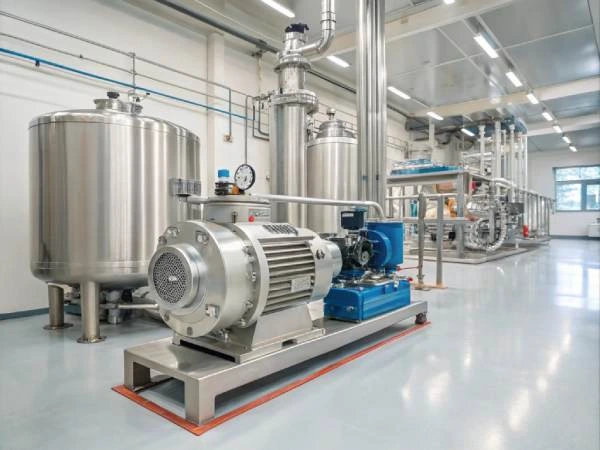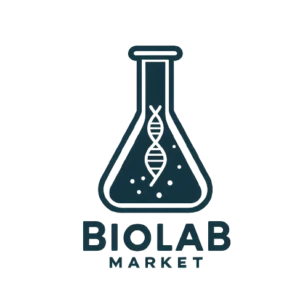- sales@biolabmarket.com
- +1 (469) 819-5592
Vacuum pump in the pharmaceutical industry
Buy vacuum pumps are indispensable in the pharmaceutical industry, ensuring medicines are produced under precise, sterile, and controlled conditions.

Without them, it would be impossible to achieve the level of safety and quality that patients expect from modern pharmaceuticals.
From research labs to large-scale manufacturing plants, these pumps support a wide range of critical processes, including drying sensitive ingredients, sterilizing equipment, recovering solvents, and even tablet and capsule production.
What is a Vacuum Pump?
A vacuum pump is a device designed to remove air and gases from an enclosed space, thereby creating a low-pressure or vacuum environment. In pharmaceutical production, this controlled vacuum atmosphere is vital for processes that demand accuracy and purity.
Modern vacuum systems are engineered to maintain stable vacuum levels for long durations, making them an essential tool for sensitive pharmaceutical operations.
Applications of Pharmaceutical Vacuum Pumps
Vacuum pumps are used in nearly every stage of pharmaceutical production. Some of their most important applications include:
- Drying heat-sensitive ingredients – By lowering pressure, liquids evaporate at lower temperatures, allowing delicate compounds to dry without thermal damage.
- Sterilization of medical equipment – Removing air enhances steam penetration, guaranteeing complete sterilization of instruments and devices.
- Solvent recovery and distillation – Vacuum conditions allow solvents to evaporate at reduced temperatures, protecting sensitive chemicals while enabling solvent reuse.
- Freeze-drying (Lyophilization) – Essential for vaccines and heat-sensitive drugs, vacuum pumps preserve chemical stability while extending product shelf life.
- Tablet and capsule production – They assist in transferring powders and granules efficiently, ensuring consistent filling and uniform dosage.
- Filtration and purification – Vacuum-assisted filtration removes impurities, ensuring pure and contamination-free pharmaceutical products.
- Oxygen removal – By eliminating oxygen, vacuum pumps prevent the growth of aerobic bacteria and enhance overall process safety.
Advantages of Using Vacuum Pumps in Pharma
Integrating vacuum pumps into pharmaceutical processes delivers several key benefits:
- Enhanced product quality – Controlled vacuum conditions minimize contamination risks and ensure product purity.
- Improved efficiency – Reduced processing time and optimized low-temperature conditions speed up production while lowering costs.
- Workplace safety – Harmful gases and vapors are removed, protecting both employees and products.
- Energy savings – Processes like drying and distillation require significantly less energy under vacuum conditions.
- Versatility – From R&D laboratories to large-scale manufacturing, vacuum pumps are adaptable to multiple applications.
Key Factors in Choosing a Vacuum Pump for Pharma
When selecting a vacuum pump for pharmaceutical applications, several considerations must be taken into account:
- Required vacuum level and pumping capacity
- Material compatibility and corrosion resistance
- Compliance with regulatory standards (ISO, FDA, GMP)
- Durability, low-maintenance design, and spare parts availability
- Suitability for laboratory, pilot, or large-scale production needs
Conclusion
Pharmaceutical vacuum pumps are far more than just machines—they are the backbone of modern drug production. By ensuring controlled, sterile, and precise environments, they enable the pharmaceutical industry to deliver safe, effective, and high-quality medicines to the global market. Choosing the right pump not only safeguards product integrity but also maximizes efficiency and compliance with international standards.
